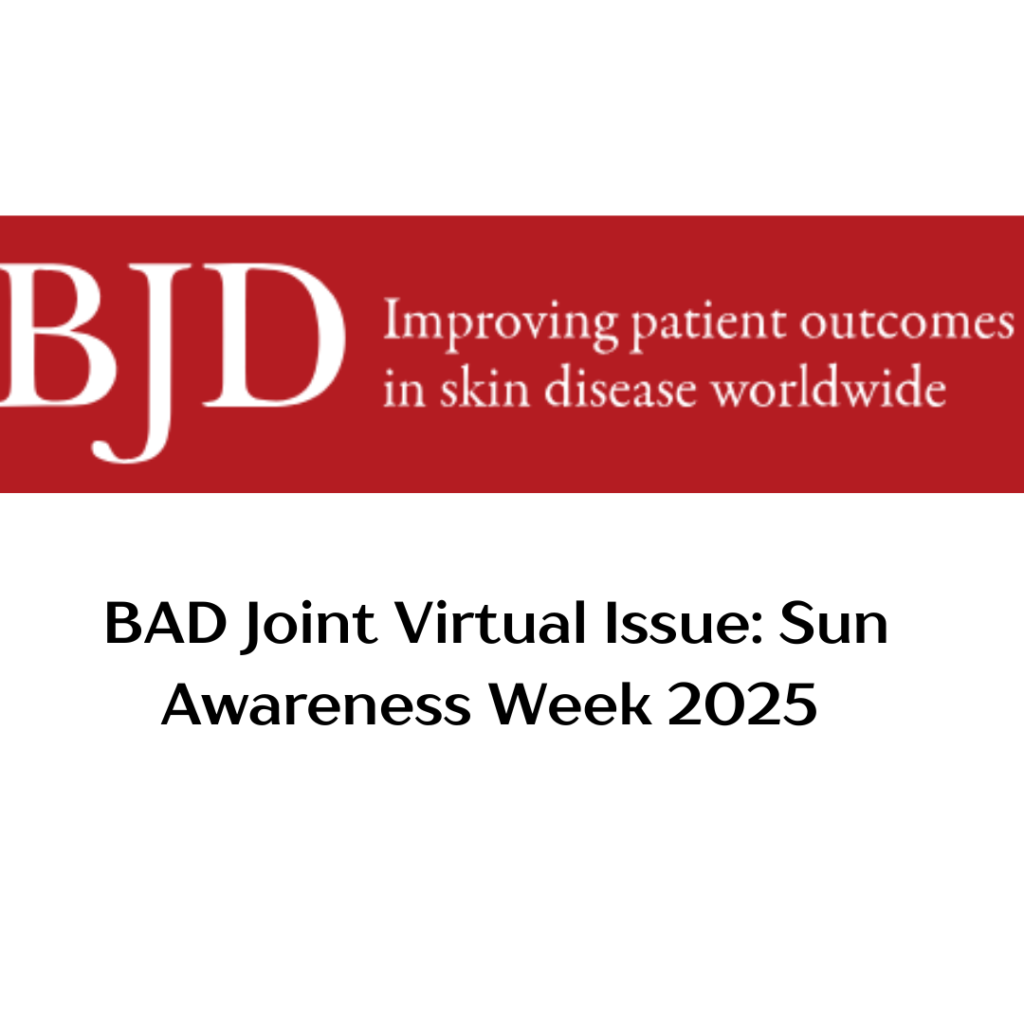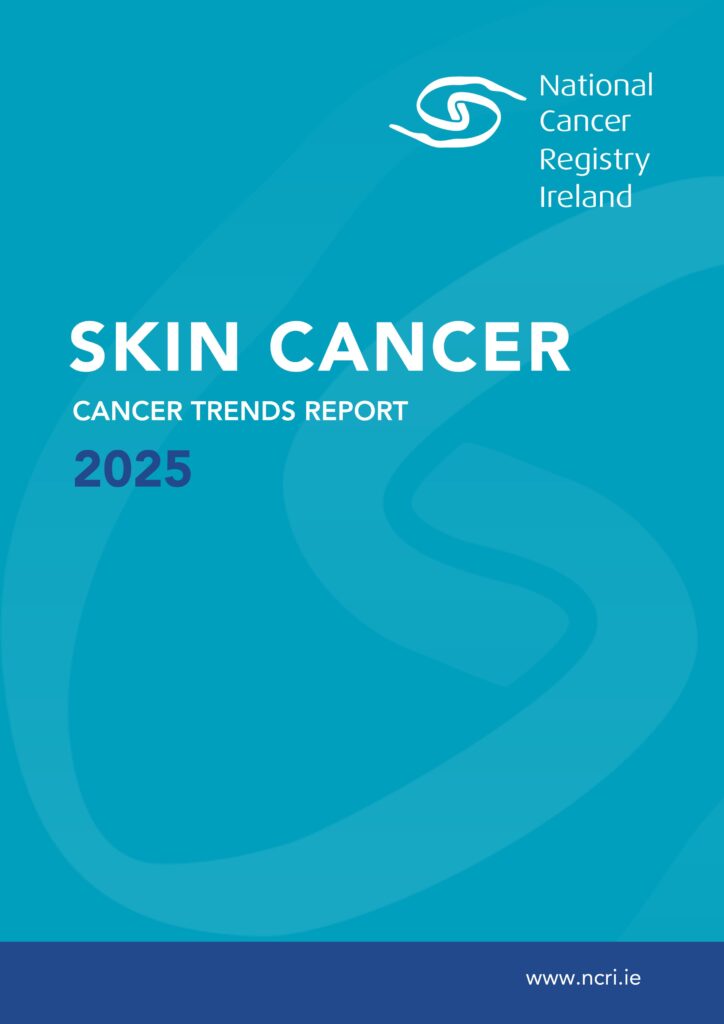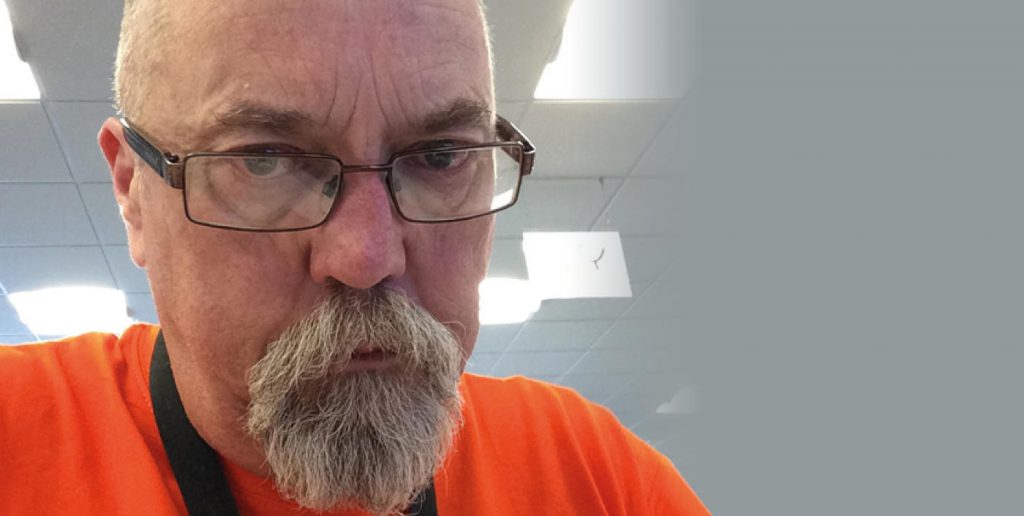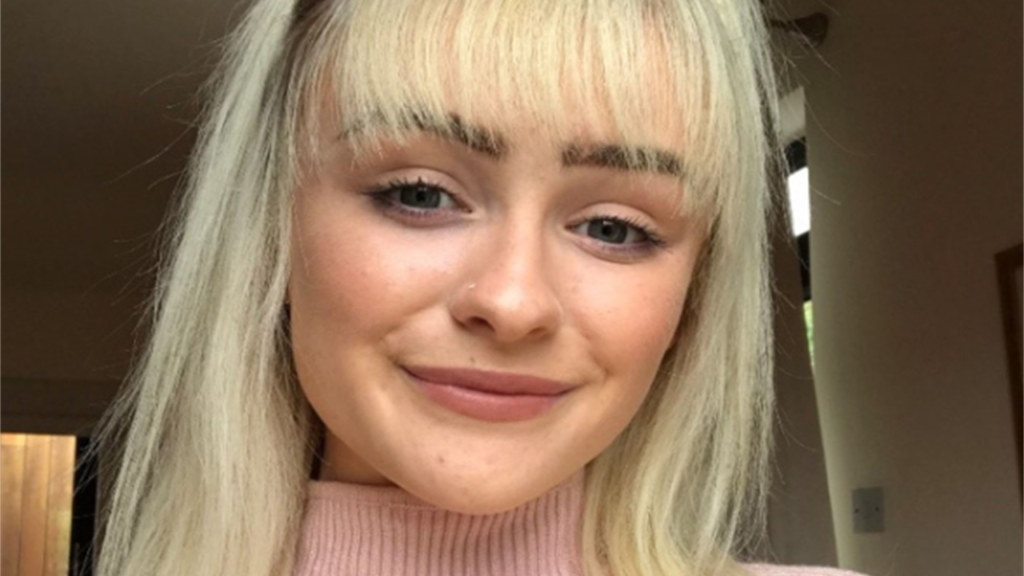Acne is often thought of as a condition that occurs during the teenage years, but for some, it can also persist or even occur for the first time in adulthood.
Acne is the 8th most prevalent disease in the world, affecting over 645 million people, and roughly affects 9.4% of the global population.
Do adults get acne?
Yes! Although the highest incidence of acne occurs during the teenage years affecting up to 85% of teenagers and young adults, it can occasionally persist (known as persistent acne), or appear for the first time later in life, when someone is in their 20’s, 30’s, 40’s and 50’s. This is known as “adult-onset acne” or “late onset acne” and usually begins after the age of 25 years.
Persistent acne appears to be more common than late-onset acne and adult acne affects more women than men. Acne which occurs in adolescents and resolves, but then reappears in adulthood is called relapsing or recurrent acne.
What are some of the factors thought to play a role, trigger or aggravate adult acne?
Individual factors vary widely, but potentially may include:
- Hormonal factors: some women, may experience variations in their hormone levels across the menstrual cycle, perimenopause, menopause, or pregnancy. Starting or stopping the contraceptive pill can sometimes also trigger or aggravate acne.
- Certain medications given for other conditions e.g. lithium, corticosteroids, anabolic steroids, Isoniazid.
- Medical conditions, such as polycystic ovary syndrome (PCOS).
- A family history of close relatives with acne, such as parents or siblings.
- Greasy or oily cosmetics and some hair products.
- Stress: it is thereorised that in response to stress, the body produces more hormones called androgens which then stimulate the oil producing glands (sebaceous glands) in the skin, which in turn causes an increased production of sebum (natural oil) which can lead to the development of acne.
- Smoking tabacco: some studies have suggested that smoking may be a possible contributing factor to acne.
Acne symptoms differ for everyone, and fall into two categories. Non-inflammatory lesions which include blackheads and whiteheads, and inflammatory lesions which can include papules, pustules, nodules and cysts. As acne can vary in severity in adults, it is important to visit your GP to establish a diagnosis and receive appropriate treatment.
- Related: Acne information page
When to contact your GP
Choice of treatment depends on the type of lesions and severity of acne. Treatments aim to reduce the acne lesions and prevent scarring. If acne is moderate to severe, or is not responding to treatments prescribed by the GP, an onward referral to a consultant dermatologist may be required.
Acne can be associated with significant physical and psychological effects and a common misconception is that acne is only confined to the teenage years. Even mild cases of acne may be a source of frustration, and can sometimes cause embarrassment or distress, in some people. If your acne cannot be controlled by over-the-counter acne treatments, go speak with your GP.
General skin care tips to consider for acne-prone skin in adults
- Wash the skin with a gentle skin cleanser, use lukewarm water and pat dry with a clean towel. Completely remove any make-up before going to bed. Avoid scrubs as they can irritate acne-prone skin.
- Choose cosmetics, toiletries and sunscreens that do not block pores, these products may be labelled “non-comedogenic” or “oil free”.
- Avoid rubbing and touching spots, this is to decrease the risk of infection.
- Do not poke, squeeze or pick spots, as this can cause scarring.
- Many of the medicines used to treat acne can make your skin more sensitive to sunlight. Therefore, it is important to protect your skin e.g. avoid direct sun exposure, apply a “non-comedogenic” or “oil free” broad-spectrum sunscreen offering protection from UVA and UVB, with a minimum SPF 30.
If you need guidance or support about managing acne or other skin conditions, contact the Irish Skin Foundation’s Ask-a-Nurse Helpline












